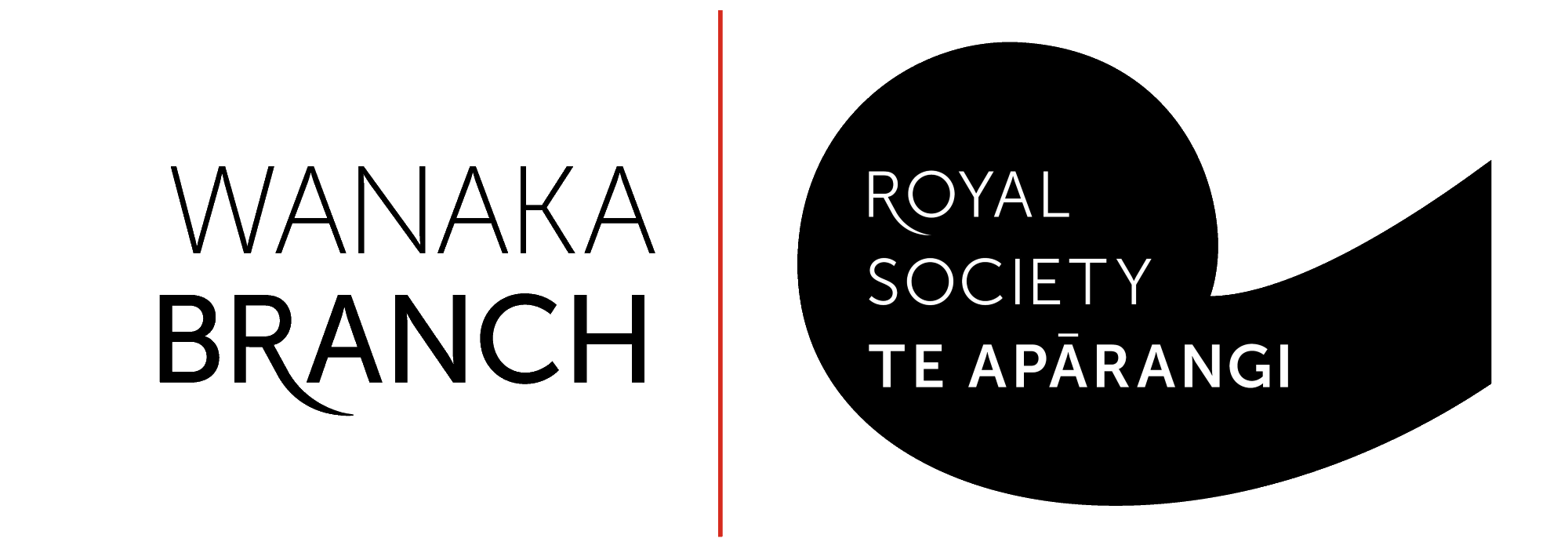Friday 19 November at 6.00pm 2021, at the Presbyterian Community Centre, 91 Tenby Street, Wanaka.
Dr Simon Jackson, Senior Research Fellow,
Department of Microbiology and Immunology, Te Tari Moromoroiti me te Ārai Mate,
University of Otago, Te Whare Wānanga o Otāgo
Cost: $5 per person.
Bacteria are found in almost all environments on earth and play essential roles in the function of ecosystems. However, bacteria are under constant threat from viruses known as bacteriophages — originating from the Greek meaning “to devour bacteria”. These bacteriophages outnumber bacteria by ten to one, infecting more than 1025 bacteria per second globally. To protect themselves from these infections, bacteria have evolved a diverse arsenal of antiviral immune systems. Our research aims to understand what immune systems bacteria possess and how they function.
Understanding how bacterial immune systems function is critical to enabling future applications of bacteriophages to overcome major global challenges in health and agriculture. For example, many bacteria that cause disease are becoming highly resistant to antibiotics. A potential solution is to use bacteriophages to selectively kill these antibiotic-resistant superbugs — an approach called phage therapy. Here, I will present an overview of what future bacteriophage-based precision medicines might look like and how our research advances this field.
View full article in the ODT
View ‘Microbiology prize win’
My research aims to understand the molecular and genetic interactions between bacterial viruses (bacteriophages) and their hosts. With the rise of antimicrobial resistance in bacterial pathogens, we urgently need to find new ways to treat infections. Exploiting phages as precision antimicrobials to kill bacterial pathogens, termed phage therapy, is a promising therapeutic approach. However, the success of future widespread phage therapy depends on understanding the complex interaction between phages and bacteria. To address these challenges, my team apply a multidisciplinary approach spanning bioinformatics, bacterial genetics and molecular biology.
In 2012, I completed a PhD at Otago in the Biochemistry Department, studying how photosynthesis uses light to split water and produce oxygen, followed by a two-year career development fellowship. In 2015, I moved to the group led by Prof. Peter Fineran in the Department of Microbiology and Immunology at Otago, researching CRISPR-Cas bacterial adaptive immune systems. In 2018, I was awarded a Marsden Fast-Start grant, from the Royal Society of New Zealand Te Apārangi, to study a new type of hybrid CRISPR-Cas immune system and progressed to a Research Fellow position. I was recently promoted to Senior Research Fellow and received funding from the Ministry of Business, Innovation and Employment (MBIE) to research the use of bacteriophages in agriculture with the aim of reducing nitrogenous fertilizer requirements for pastoral farming.

